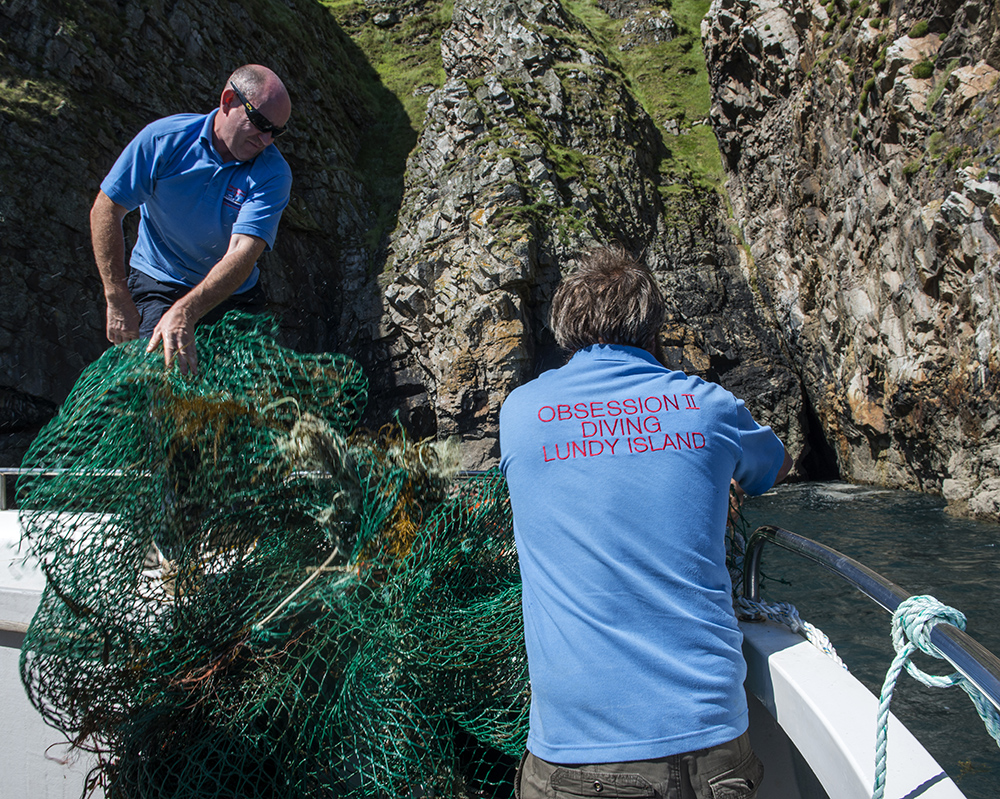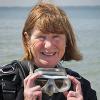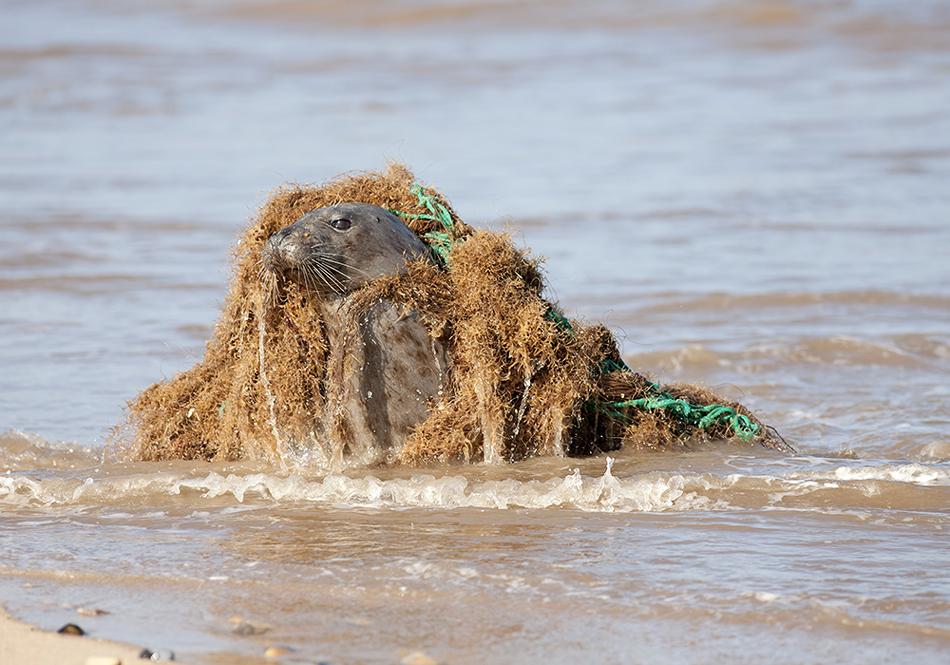
Image credit: Nick Watson
Jane Maddocks traces BSAC’s ever-evolving attitudes to conservation and the value of marine heritage.
As I have said before, ‘environment’ is an enormous word. When we discuss the underwater environment, we are talking about a vast system of physical, chemical, and biotic factors that create what we dive in and on, and all the opportunities for exploration that the sea offers.
For 70 years, the British Sub-Aqua Club has grown to the club we have today. Looking at the development of the club over that time just shows what a volunteer organisation at its best can achieve as it prepares new generations of divers to ‘go about their business in the deep.’
70 years ago, Jacques Cousteau had recently co-developed the aqua-lung and would later go on to film the underwater world, discover shipwrecks, and push the boundaries of scientific understanding. Young, embryonic divers were watching the amazing films from Hans and Lotte Hass, showcasing exotic creatures and making the tantalising promise that diving in the sea was within reach of all of us.
In those early years, the big excitement – certainly in the UK – was wreck diving. Preservation was a strong motive, but not preservation as we now know it. In those early days you were not considered a diver unless you had taken your very own piece of ‘spidge’, which then made it to the mantlepiece or the garage where it could be displayed or, most likely, forgotten.
We ate everything we shot with our spearguns, never going without our ‘lobby hooks’, in case we found a lobster hiding in a crevice, not just looking for our pot. Some of us even bought special boilers to cook them in.
Then came a sea change. Dr David Bellamy, Dr Paul Cragg, and HRH the Prince of Wales, now our King. All had conservation in its true form firmly in their sights, and their interest and inspiration led to a rethink over many years. No-one who ever saw Paul Cragg demonstrating how a barnacle fed could ever forget it.
Then came the Mary Rose. Few appreciate that of the 500 volunteer divers who supported that project, the majority were BSAC. A proud legacy that made many of us rethink the ‘no dive without spidge’ mantra. At the same time, the Protection of Wrecks Act 1973 (yes, our 50th birthday too) put our historic wrecks into the public eye as worthy of protection.
I believe strongly that wrecks provide habitats and shelter for a huge range of species around our coast. However, they also attract so many to the sport as the focus of the diving wish-list. In 2000, BSAC, PADI and SAA worked together to change the way we dive on wrecks, with the very first Wreck Amnesty led by the Receiver at the time, Veronica Robbins.
So, we had three major happenings over a period of several years.
- The health of our seas and the creatures in them started to be important, not just taken for granted.
- BSAC began to be invited to take part in major consultations about Marine Conservation Zones, and in-person consultations with Defra about rigorous evidence for seafloor and marine life needing protection around our coasts.
- Wrecks were given some protection with Scheduled Monument legislation, which was not previously possible.
BSAC created courses in Marine Life Identification, wreck diving and recording, and went on to present petitions to Parliament about the urgent need for marine conservation areas. We also picked a lot of litter.

Crew of dive boat Obsession II retrieve an abandoned 'ghost' fishing net off Lundy Island
Today, 70 years after it all began, members are taking opportunities to do Skill Development Courses. They get together with specialist organisations as well as BSAC to do Seasearch Observer and Seasearch Recorder qualifications, seahorse awareness courses, collect seagrass, and locate and record native oysters.
We also work with the Marine Conservation Society and Surfers Against Sewage protecting water quality. Some of our divers are part of the Ghost Fishing UK team, others have gone on to become amazing maritime archaeologists. There is so much more to do. Our underwater environment cannot be taken for granted. With improved diving techniques, incredible equipment, and the opportunity to set up projects and record changes in our surroundings, we shall continue to make a difference. Now for the next 70 years…
Article ‘The Preservation Principle’ by Jane Maddocks first published in SCUBA magazine, Issue 140 November 2023. Images in this online version have been substituted from the original images in SCUBA magazine due to usage rights.

 Author: Jane Maddocks | Posted 27 Nov 2023
Author: Jane Maddocks | Posted 27 Nov 2023



